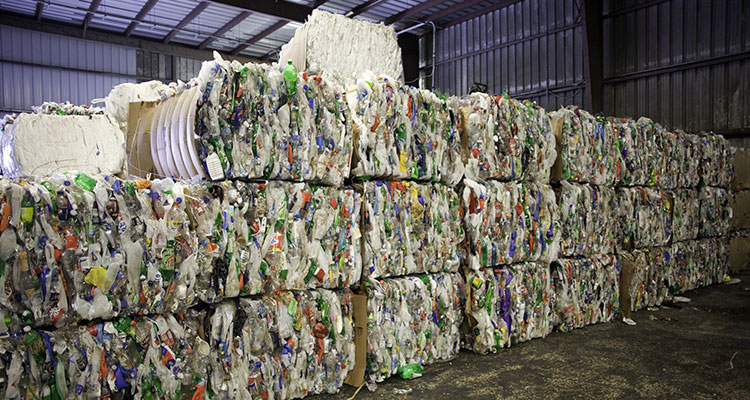On Tuesday, January 18, 2022, Governor Phil Murphy signed the “Recycled Content” bill. In tandem with the South Jersey Chapter, the Jersey Shore team worked on this campaign over the past two years.
The law, S-2515, will require a host of consumer products to contain a certain percentage of recycled content. While we know we can’t recycle our way out of the current plastics crisis, the landmark legislation will create demand for recycled material, strengthen markets for the same and essentially strengthen the recycling process. Currently, NJ’s recycling rate is a mere 9%. This bill increases the demand for recycled content closing the recycling loop.
Recycled Content Bill

- Rigid plastic containers will include 10% post-consumer recycled content. This is set to start in 2 years, increasing to 50% by 2050
- Plastic bottles will include 15% post-consumer recycled content. This begins in 2 years and increases to 50% by 2045
- The law sets similar standards for glass containers, paper and plastic carryout bags, as well as plastic trash bags
- As an added bonus, this law bans expanded polystyrene (EPS) foam packaging peanuts
- This sets a new standard, paving the way for similar bills being considered along the East Coast.
The Surfrider Foundation joined every environmental group in the state in supporting this bill in its almost 2-year long journey through the legislature. Special thanks to the other groups who worked on it including Environment NJ, Clean Ocean Action, Beyond Plastics, Save Barnegat Bay, Clean Water Action, ANJEC, and the Sierra Club–NJ Chapter.
We will continue to fight for policies that reduce single-use plastics at the source. Requiring recycled content in consumer products is a step in the right direction and a victory for us all. Follow the Surfrider Foundation as we continue this work at the federal level on the Break Free From Plastics Pollution Act. We are all looking forward to more reusable and refillable options, better recycling, less diversion of plastics to landfills or incinerators, and a closed recycling loop.


